
The Israeli prime minister bet on his rapid vaccination roll-out to tip him over the edge
Credit: Shutterstock
Benjamin Netanyahu took the lead in Israel’s fourth election last night, according to exit polls, but did not have a clear path to forming a coalition government.
The three exit polls, revealed by Israeli broadcasters, all showed that the prime minister’s Likud party had emerged as the largest party with 30-33 seats.
However, he still lacked a clear 61-seat majority required to form a government and is likely to need support from right-wing and ultra-orthodox parties.
Mr Netanyahu’s main rival, the centrist party leader Yair Lapid, was trailing behind him with only around 16 seats last night. However, the polls suggested that he could potentially form a cross-party alliance against Mr Netanyahu, depending on the final results.
The exit polls, from Israel’s fourth election in just two years, are unlikely to raise hopes of breaking the country’s bitter political deadlock.
Initial reports said that turnout in the election was around 60 per cent, the lowest rate since 2009, in a sign that Israelis have grown weary from successive elections.
After casting his vote in Jerusalem on Tuesday afternoon, Mr Netanyahu warned his supporters that turnout was too low, and claimed that the media was trying to lull right-wing voters into a false sense of security.
“I am asking all the Likudniks — go and vote Likud, we are down two seats,” he said. “The press is trying to put us to sleep, to tell us it’s in the bag.”
Voting in Tel Aviv, his centrist rival Mr Lapid warned that Mr Netanyahu would preside over a "racist, homophobic government" if he continues as Israel’s longest serving prime minister.
On a dusty, hot day in Jerusalem, voters cast their ballots wearing masks in booths with plastic screens to reduce the risk of spreading coronavirus.

An ultra-Orthodox Jewish man looks at a Blue and White party election campaign banner depicting its leader, Israeli Defence Minister Benny Gantz alongside Mr Netanyahu
Credit: Reuters
Some Likud supporters gathered at tents in Jerusalem where they waved Israel’s blue and white flag and brandished posters featuring their beaming prime minister.
His slogan — “back to life” — refers to Israel recently leaving what is hoped to be its final lockdown thanks to the success of the vaccine drive, which has fully protected half the population against Covid.
But some voters said the potential rise of the far-Right, and tensions between secular and religious society, had played a bigger role in deciding their vote.
George Eltman, 75, said that Mr Netanyahu had “done a lot of good things for Israel,” but felt a new prime minister was long overdue.
“I’m very concerned about the animosity between Israeli mainstream society and the ultra-orthodox,” he added, referring to tensions over the latter group’s refusal to follow lockdown restrictions.
This prompted him to vote for Yesh Atid, which claims it is better placed to enforce rules in ultra-orthodox communities than Mr Netanyahu, who in the past has relied on their support to form coalitions.
Deborah Harris, 65, said she was deeply concerned by Mr Netanyahu’s attempts to court extreme-right parties and was casting a “panic vote” for the left-wing party Meretz.
Exit polls on Tuesday night also suggested that the right-wing Yamina party, led by Naftali Bennett, was a potential kingmaker that could hand Mr Netanyahu a narrow majority.
But it was unclear last night whether Mr Bennett would choose to back Mr Netanyahu, his former mentor, or switch to the anti-Netanyahu coalition.
During the campaign, Mr Netanyahu devoted much of his energy to courting Arab voters, but this did not appear to have resulted in much greater support last night.
Mr Netanyahu, Israel’s longest-serving prime minister, also hopes that his hugely successful vaccination drive — which has fully inoculated 50 per cent of the population against Covid — will hand him victory.

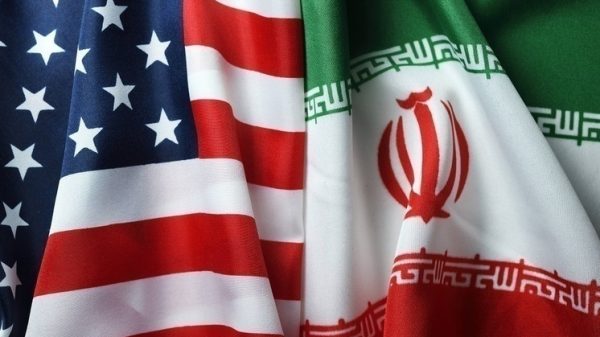
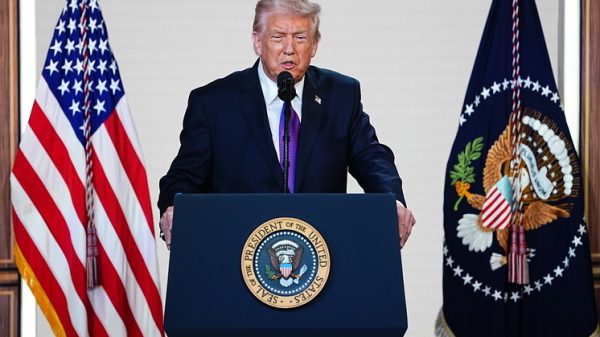
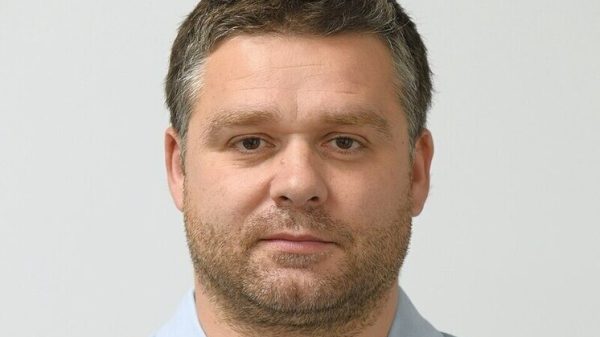
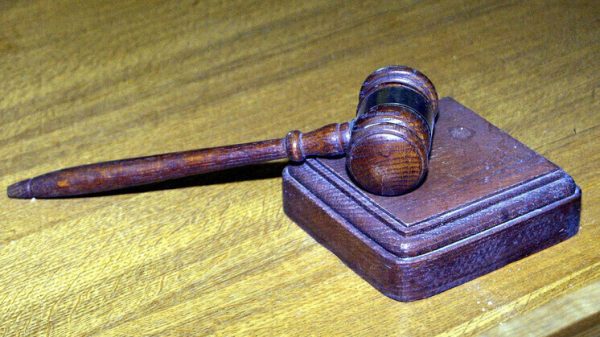








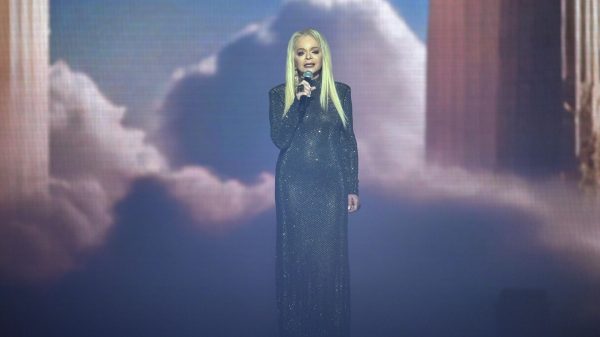

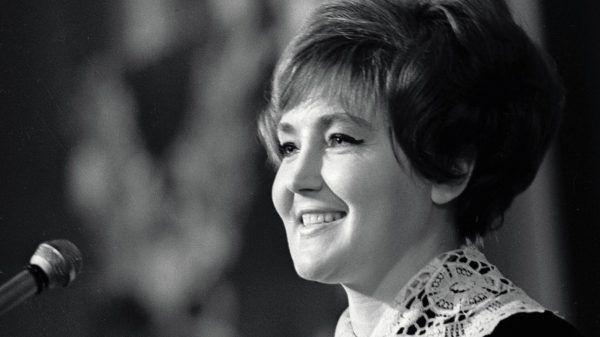
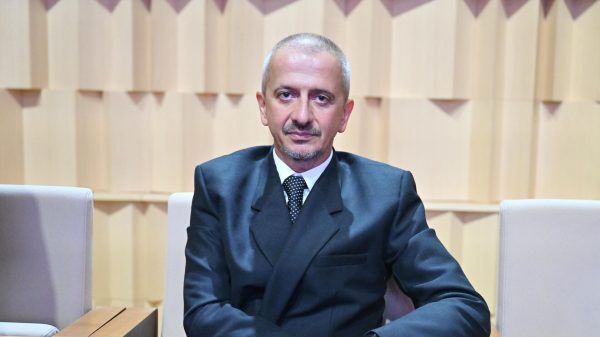
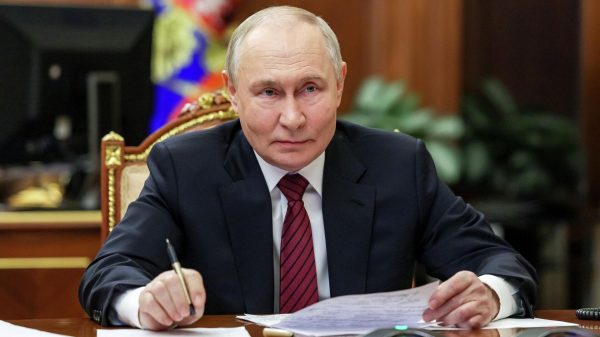
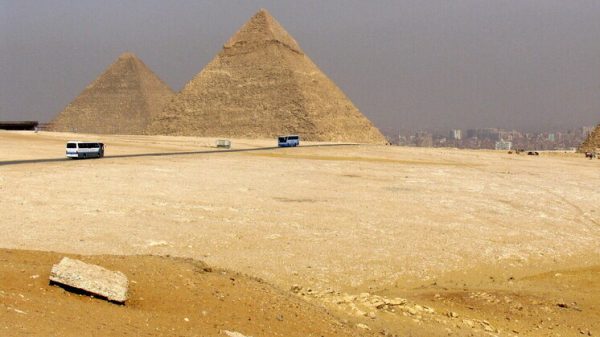
















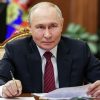















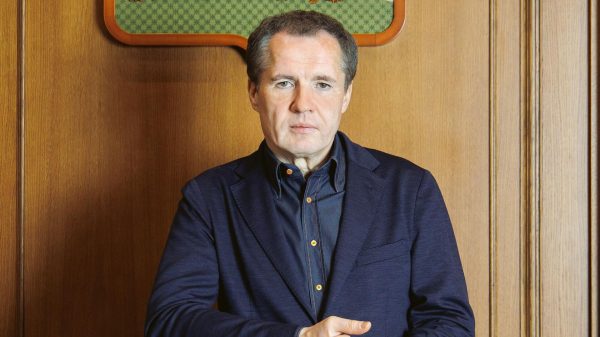

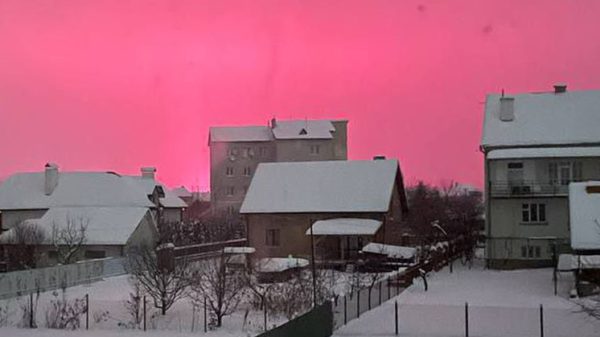
Свежие комментарии